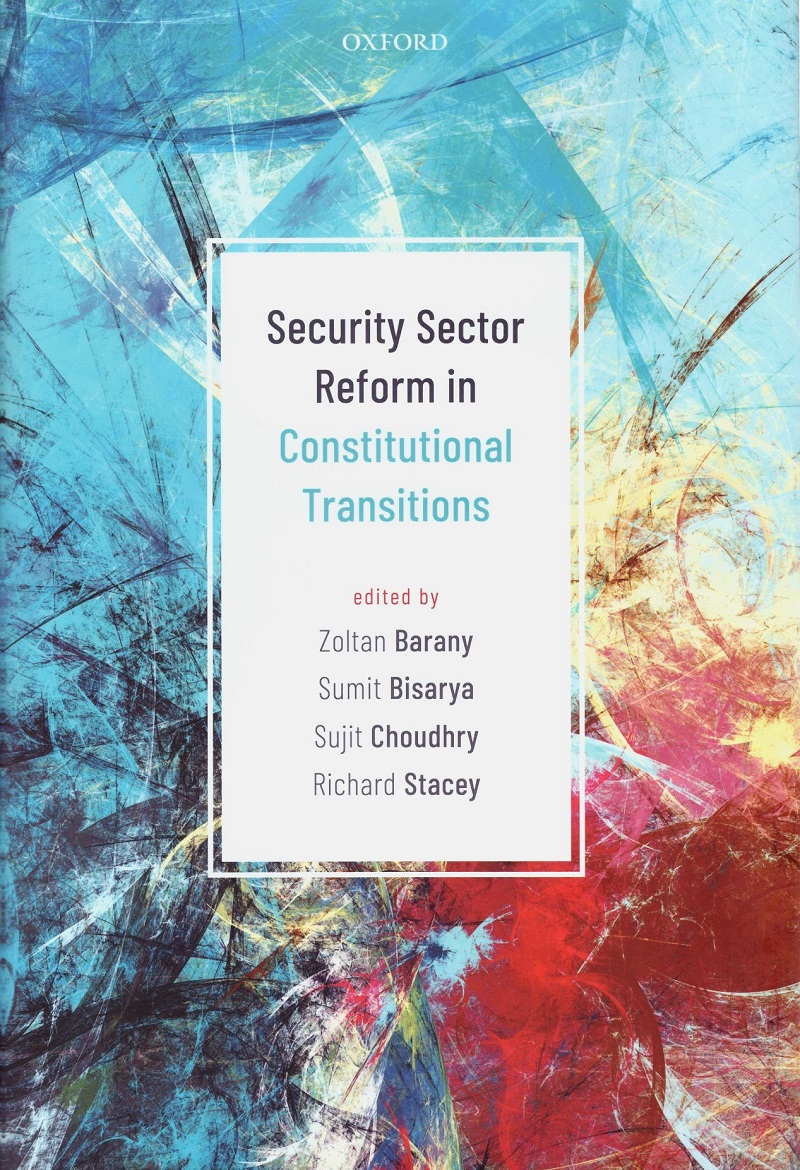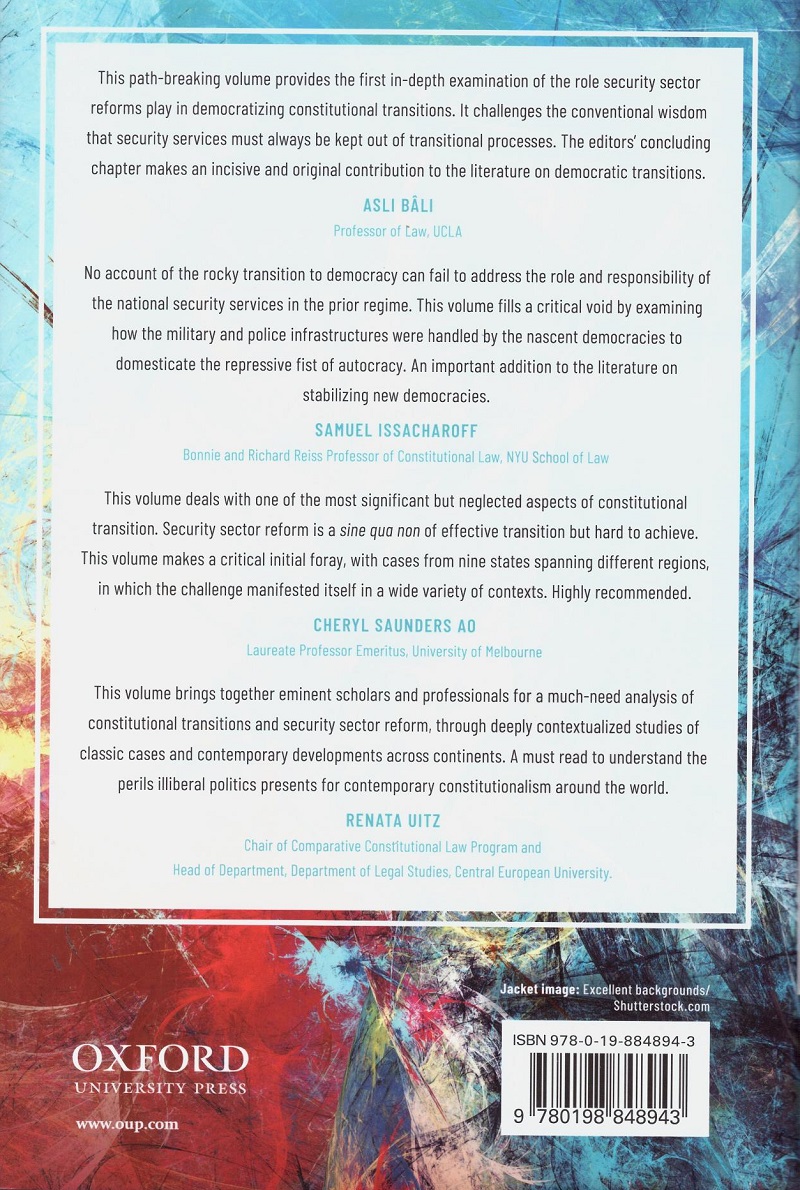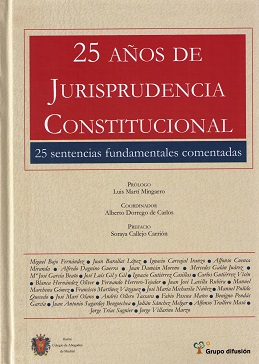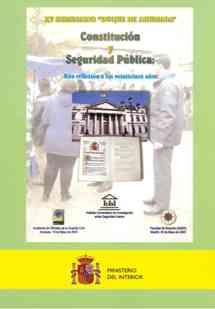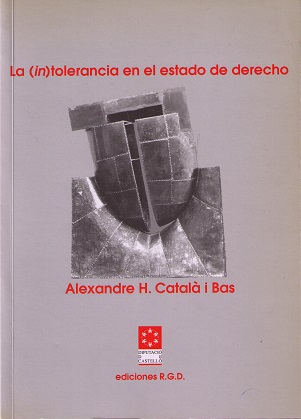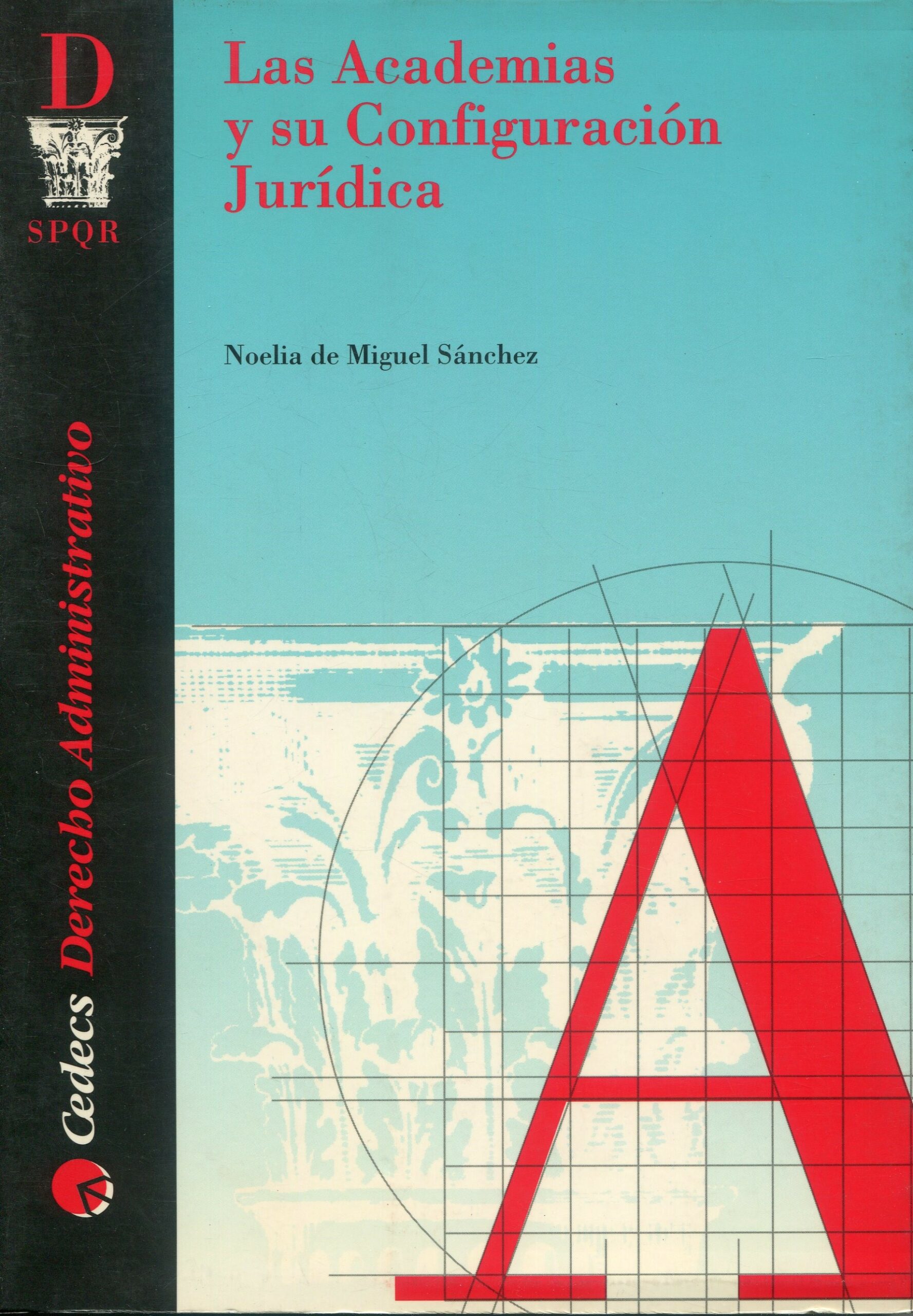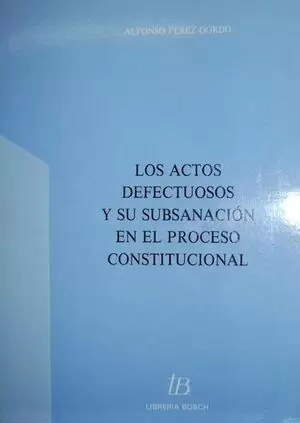Security sector reform (SSR) is central to the democratic transitions currently unfolding across the globe, as a diverse range of countries grapple with how to transform militias, tribal forces, and dominant military, police, and intelligence agencies into democratically controlled and accountable security services. SSR will be a key element in shifts from authoritarian to democratic rule for the foreseeable future, since abuse of the security sector is a central technique of autocratic government. This edited collection advances solutions through a selection of case studies from around the world that cover a wide range of contexts.
Security sector reform in constitutional transitions
ISBN: 9780198848943
El precio original era: 94,64€.94,64€El precio actual es: 94,64€. 89,91€ IVA incluido
Solo quedan 1 disponibles (puede reservarse)
| Fecha de edición | 25/09/2019 |
|---|---|
| Número de Edición |
1ª |
| Idioma | |
| Formato | |
| Páginas |
310 |
| Lugar de edición |
Reino Unido |
| Encuadernación |
Introduction: Leverage, Sequencing, Design, and Separation-Considerations in Security Sector Reform During Constitutional Transition, Zoltan Barany, Sumit Bisarya, Sujit Choudhry, and Richard Stacey
PART I MILITARY DICTATORSHIPS
1: Security Sector Reform in Post-Franco Spain, Narcís Serra
2: The Slow Change in Chile: Long-Term Security Sector Reform Alongside Constitutional Transition, Gonzalo García Pino
3: Argentina’s Security Sector Reform: Democratization Before Constitutional Transition, Sandra Elena and Julia Pomares
4: Stage-Managing Security Sector Reform in Indonesia, Agus Widjojo and Andrew Ellis
PART II POLICE STATES
5: Police Impunity in Kenya, Richard Stacey
6: Constitutional Reform and Security Sector Reform in Ghana, Ernest Lartey and Kwesi Aning
7: Security Sector Reform and Democratic Transition in Parallel: The South African Case, Richard Stacey and Christina Murray
PART III POST-AUTHORITARIAN REFORM: RUPTURES, CONFLICT, AND MANAGED TRANSITIONS
8: Constitutional Reform Processes and Security Sector Reform: Principles for Practice-Iraq Case Study, Zaid al-Ali
9: The Arab Spring Region in a Constitutional Era: A Few Instances of Short-Lived Security Sector Reform, Philippe Droz-Vincent
Conclusion: Security Sector Reform and constitutional Transitions-Challenging the Consensus, Zoltan Barany, Sujit Choudhry, and Kent Roach
Edited by Zoltan Barany, Professor, University of Texas at Austin, Sumit Bisarya, International Institute of Democracy and Electoral Assistance (International IDEA), Sujit Choudhry, Director, Center for Constitutional Transitions, and Richard Stacey
Zoltan Barany is Frank C. Erwin, Jr., Centennial Professor, Department of Government at the University of Texas at Austin.
Sumit Bisarya is Head of Constitution Building and Head of Mission at the International Institute for Democracy and Electoral Assistance (International IDEA).
Sujit Choudhry is Director of the Center for Constitutional Transitions; Guest Researcher, Centre for Global Constitutionalism, WZB Berlin Social Science Centre; and Constitutional Advisor, International Institute for Democracy and Electoral Assistance (International IDEA).
Richard Stacey is an assistant professor at the Faculty of Law, University of Toronto.
Contributors:
Zaid Al-Ali is the senior adviser for constitution building in the Arab region for International IDEA. From 2015-2016, he was a Law and Public Affairs Fellow at Princeton University.
Kwesi Aning is Director, Faculty of Academic Affairs and Research (FAAR), Kofi Annan International Peacekeeping Training Centre. He specializes in peacekeeping economies, hybrid security/political orders, and organized crime.
Philippe Droz-Vincent is Professor of Political Science and international relations, Sciences-Po/University of Grenoble, France, and associative delegate (head of the Syrian mission) of the NGO Médecins du Monde (Doctors of the World)-France.
Sandra Elena
Andrew Ellis is a senior consultant adviser on constitutional and electoral frameworks. He was previously Director for Asia and the Pacific for International IDEA. He acted as Senior Adviser in Indonesia for the National Democratic Institute (NDI) from 1999 to 2003 throughout the constitutional amendment process.
Gonzalo García Pino is a Justice of the Constitutional Court of Chile (2011-2022). He was previously Undersecretary of War (2006 – 2010) and Undersecretary of Navy (2005). He is a Professor of Constitutional Law of the Faculties of Law of the Alberto Hurtado University and Catholic University of Chile.
Ernest Ansah Lartey is a researcher and head of peace and security studies (PSS) programme at the Kofi Annan International Peacekeeping Training Centre (KAIPTC) in Accra, Ghana. His research interests include security sector reform, peacekeeping, peacebuilding and election security. He has published several papers in these research interests.
Christina Murray is Senior Adviser on Constitutions and Process Design, Mediation Standby Team, Mediation Support Unit, Department of Political Affairs, United Nations; and Emeritus Professor of Constitutional and Human Rights Law, University of Cape Town.
Julia Pomares is the Executive Director of the Center for the Implementation of Public Policies for Equity and Growth (CIPPEC).
Kent Roach, CM, FRSC is Professor of Law and Prichard Wilson Chair in Law and Public Policy at the University of Toronto. He served on the research advisory committee of Canada’s inquiry on the rendition of Maher Arar and as director of research for its Air India inquiry.
Narcís Serra has been the president of IBEI (Institut Barcelona d’Estudis Internacionals) since its foundation in 2004, encouraging its efforts to turn Barcelona into a reference city for international studies. He is a former Mayor of Barcelona, Spanish Minister of Defence and Vice-president of the Spanish Government. He has a BA in Economics from the University of Barcelona and a PhD from the Autonomous University of Barcelona.
Lt. Gen. (Ret) Agus Widjojo, graduated from Indonesian Military Academy in 1970. His tenure as Commandant of the Joint Command and General Staff College and Chief of Staff for Territorial Affairs provided him the role of policy making and implementation to the TNI reform in 1998-2004. He was appointed as Governor of the National Resilience Institute in April 2016. He holds M

